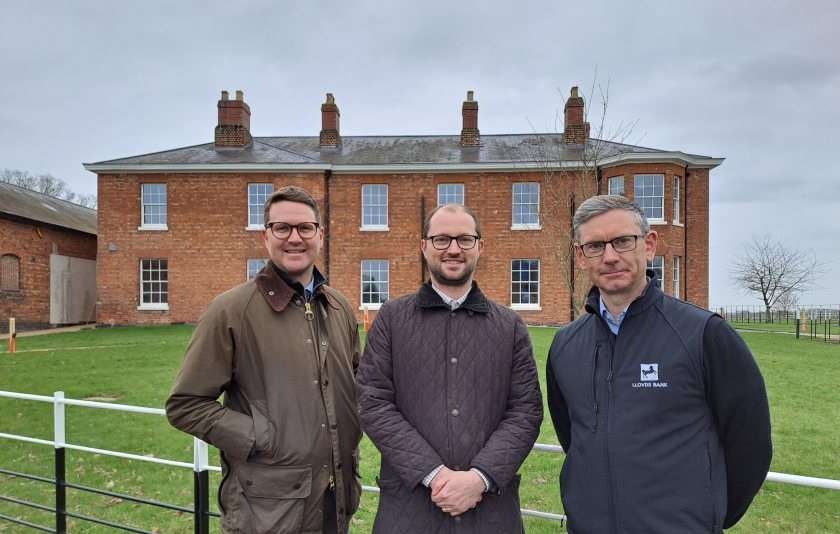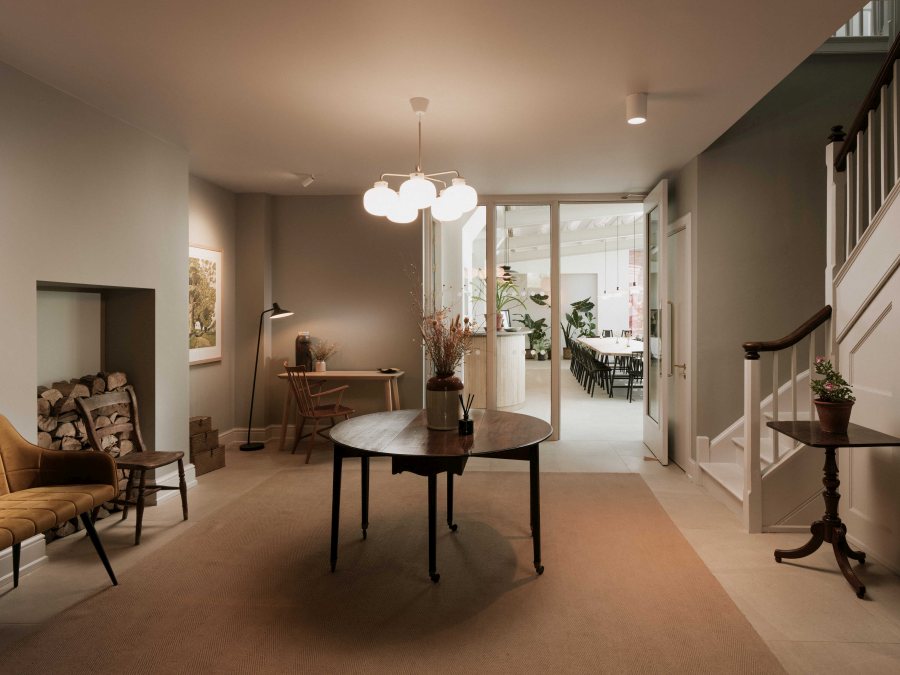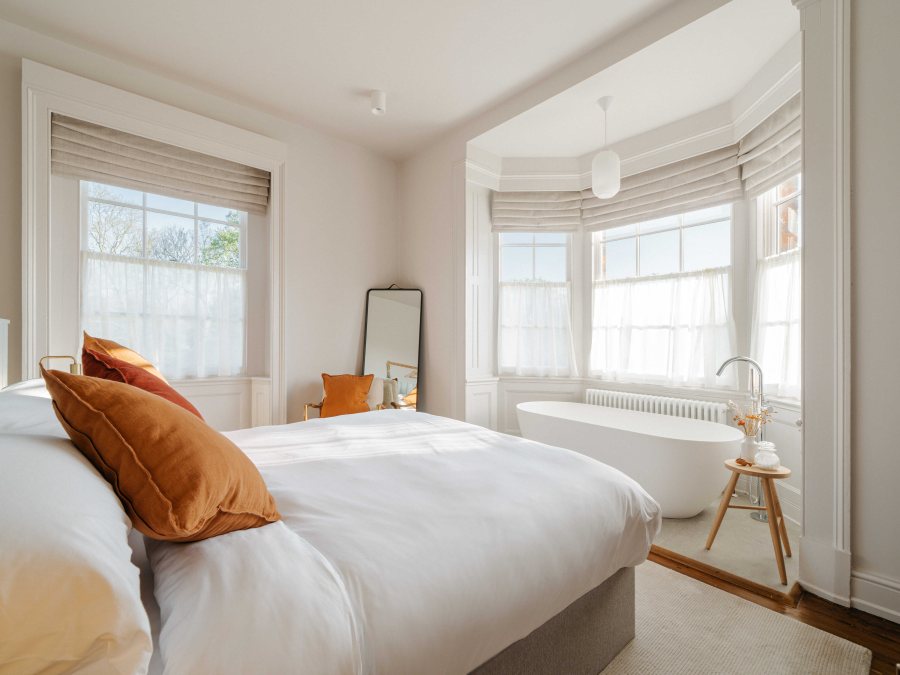
A Staffordshire farm estate is set to open a new sustainable guest accommodation as part of diversification plans thanks to a £2 million funding package.
Lloyds Bank provided funding for the build of Constantine House via its Clean Growth Financing Initiative, which gives customers access to discounted lending for green purposes.
Thorpe Estate is a 3,000-acre working estate in Thorpe Constantine, Tamworth, which has been under the stewardship of the same family since 1631.
The arable and livestock farm provides beef to Waitrose, potatoes to McCain and enough wheat to bake 35 million loaves of bread each year.
The estate is focused on sustainable farming, conservation and rural diversification.
Thorpe Estate is home to Thorpe Garden, a historic walled garden and 200-capacity wedding venue operated by specialist rural weddings business, Cripps & Co.
Since the venue’s opening in 2019, the estate has been getting underway with plans to meet the demand for nearby accommodation from couples and their guests and further diversify the Estate’s income opportunities.
With the support of Lloyds Bank, work began in summer 2022 to convert an old Victorian redbrick farmhouse into Constantine House.
The exclusive-use guest accommodation, located next to the wedding venue, has 21 ensuite bedrooms, including a bridal suite, and a lounge, bar and dining area.
Constantine House is expected to attract 8,000 guests per year, generating £500,000 revenue for the estate.

Constantine House has been sustainably refurbished to maximise energy efficiency. Along with the estate, it is entirely energy self-sufficient, operating on renewable energy generated by two biomass plants using by-products from farming activity and woodland management.
Constantine House’s windows have been replaced with double glazing, the loft, walls and floors have been fully insulated, sensor activated LED lighting has been fitted and all toilets are low-flush to reduce water usage.
The renovations have allowed the building to go from EPC rating D to A – the highest possible energy efficiency rating a property can receive.
The accommodation is part of wider sustainable diversification projects by Thorpe Estate. Rainwater is harvested to water the lawn and gardens and solar panels on-site generate zero carbon energy which is returned to the grid.
The estate has established over 30 acres of wildflower meadows and five miles of additional hedgerows to promote wildlife, and has planted 300 trees, in line with its 25 year forestry plan to manage the woodland.
It promotes public access to nature and welcomes school children for farm visits. Its Victorian stable block has been sustainably renovated to provide workspace for small and medium businesses, including a beauty studio and bridalwear boutique to complement the wedding venue.

Further plans are in the pipeline for a 167-acre solar farm, capable of powering 10,000 homes per year.
The estate is also looking to restore other historic buildings to create additional workspace, a wellness offering accompanied by wild swimming facilities, and repurpose its old 10,000 sq ft granary into a restaurant and co-working space.
Tristan Lillingston, development director and part of the family who own the estate, is spearheading the Constantine House project.
He comments: “Sustainability and conservation is central to the Estate and our family, and these values have shaped every aspect of Constantine House.
"In our family, we believe in an old phrase: ‘we don’t inherit land from our parents, we borrow it from our children’. I want to ensure the work we’re doing leaves the Estate and the world a better place to hand on to my children.
“Thorpe Estate is a model farm built in the 1850s to feed Birmingham’s growing population during the industrial revolution, making it a key part of the region’s history.
"While it’s often cheaper to knock down old properties and build from afresh, we see diversification and sustainable repurposing of historic buildings as an opportunity to preserve our precious heritage, while ensuring that the estate is environmentally and economically sustainable for the future."
